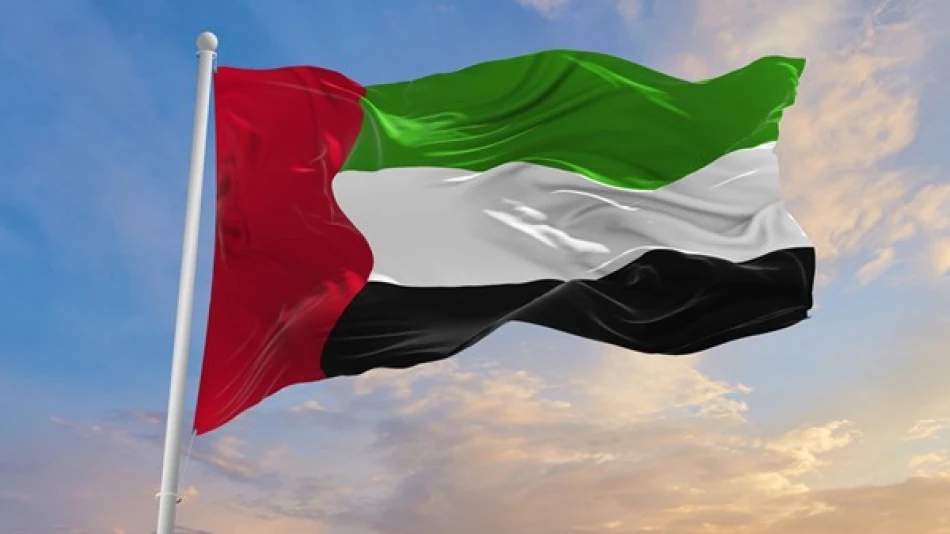
UAE Takes Center Stage at APEC Summit
The UAE will participate as a guest of honor at the Asia-Pacific Economic Cooperation (APEC) summit in South Korea, marking a significant moment for the country's growing role in shaping global economic policy. The invitation reflects the UAE's position as a vital bridge between East and West, combining economic openness with sustainability and international cooperation.
APEC brings together 21 economies representing 40% of the world's population, half of global trade, and 60% of global GDP - worth more than $63 trillion. The forum includes major players like the US, China, Japan, South Korea, and Australia, making the UAE's guest status particularly noteworthy for a Middle Eastern nation.
The timing isn't coincidental. UAE-South Korea relations have grown rapidly, especially after signing a comprehensive economic partnership agreement last year. The two countries also collaborate on strategic projects like the Barakah nuclear power plant, which shows how their partnership extends beyond trade into advanced technology sectors.
Mohammad Salah, a researcher in Asian affairs, says the UAE's invitation reflects its pivotal role connecting Asia with the Arab world. "The UAE has long been a bridge for commercial and cultural communication between East and West," he explains. "This historical role has evolved today to become broader thanks to the country's geographic location, logistical capabilities, and advanced infrastructure."
The UAE's appeal to Asian economies goes beyond geography. The country has positioned itself as a hub for future technologies, investing heavily in artificial intelligence and clean energy. This makes it attractive to global investors and companies looking for a stable, innovation-friendly environment.
Lana Badvan, an international relations researcher, points out that the UAE doesn't just serve as a trading center but also as a platform for innovation and technology. "The UAE enjoys a distinguished geographic location and advanced infrastructure, making it a global center for trade and investment," she notes.
The country's balanced foreign policy has helped build strong diplomatic relationships across different regions. This positioning allows the UAE to mediate in conflicts and demonstrates its commitment to regional and international stability - something increasingly valuable in today's fragmented global economy.
Economic expert Dr. Walid Jab Allah emphasizes that the UAE possesses the elements needed to influence the global economic system. Its advanced technological infrastructure makes it "a solid digital bridge in the accelerating digital economy world," he says.
For APEC members, the UAE represents a successful model of economic development and a gateway to Western markets. This is particularly relevant as global economic relationships reshape and countries look for reliable partners who can navigate both Eastern and Western business cultures.
The UAE's participation comes at a time when the country is working toward its UAE Centennial 2071 goals, which focus on becoming a global leader in various sectors through innovation and future technologies. The APEC summit provides a platform to showcase these ambitions to some of the world's most dynamic economies.
The summit's theme - "Building a Sustainable Tomorrow: Connection, Innovation, Prosperity" - aligns well with the UAE's focus on clean energy, circular economy, and food security. These are areas where the country has made significant investments and developed expertise that could benefit APEC members.
This invitation signals growing recognition of the UAE's economic influence beyond the Middle East. As Asian economies look to diversify their partnerships and supply chains, the UAE offers political stability, advanced infrastructure, and access to multiple markets - making it an attractive partner for the region's economic powerhouses.
Most Viewed News

 Layla Al Mansoori
Layla Al Mansoori






